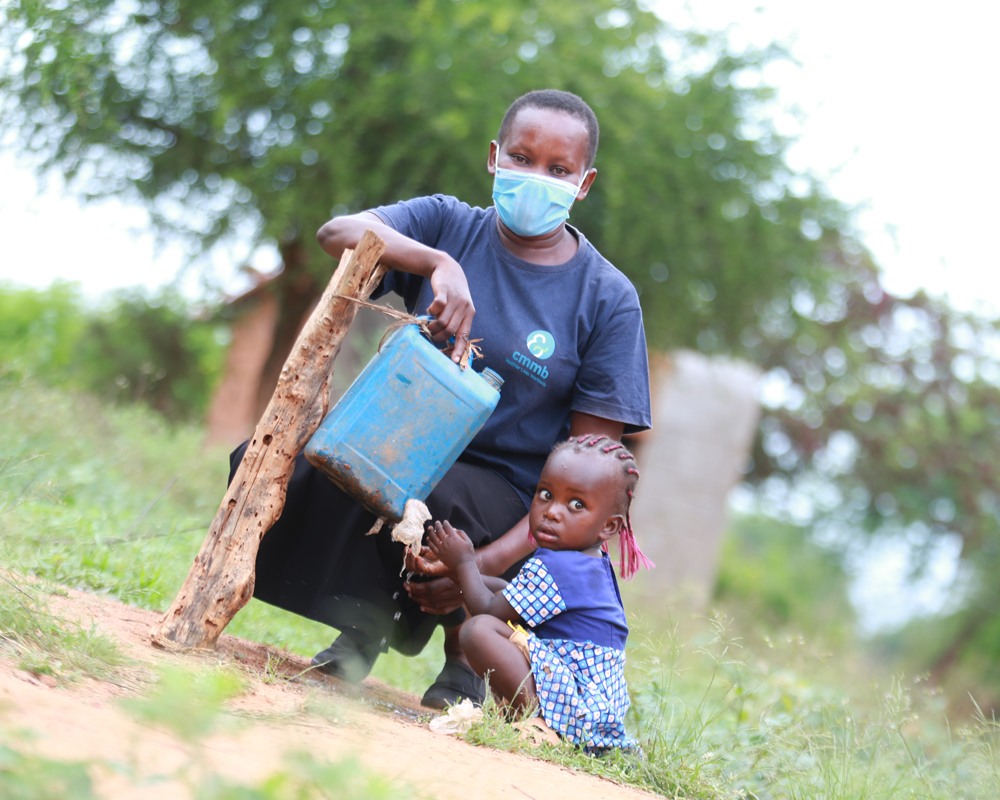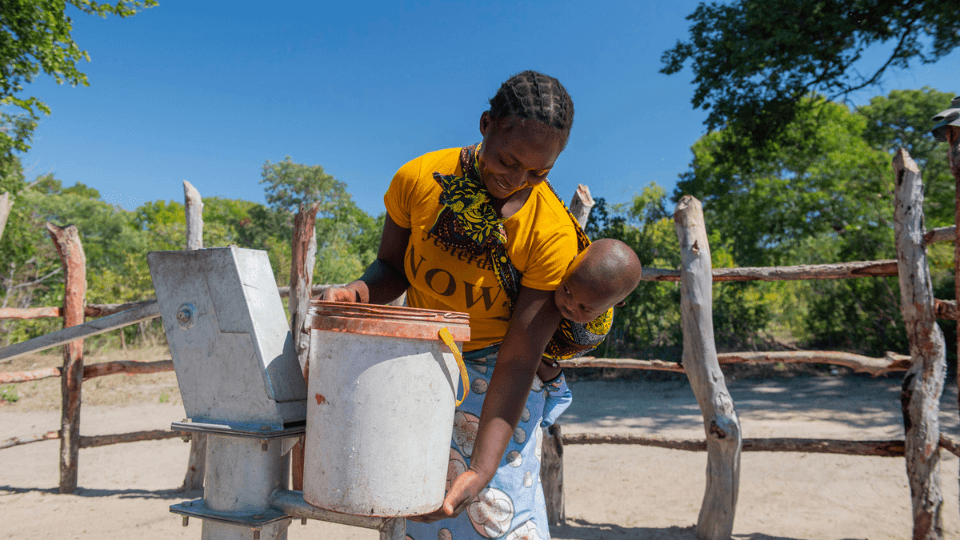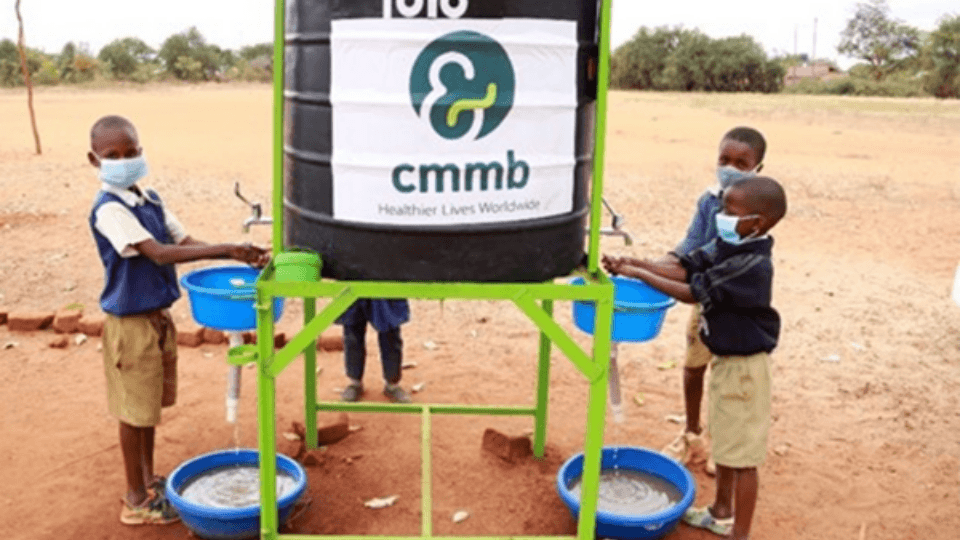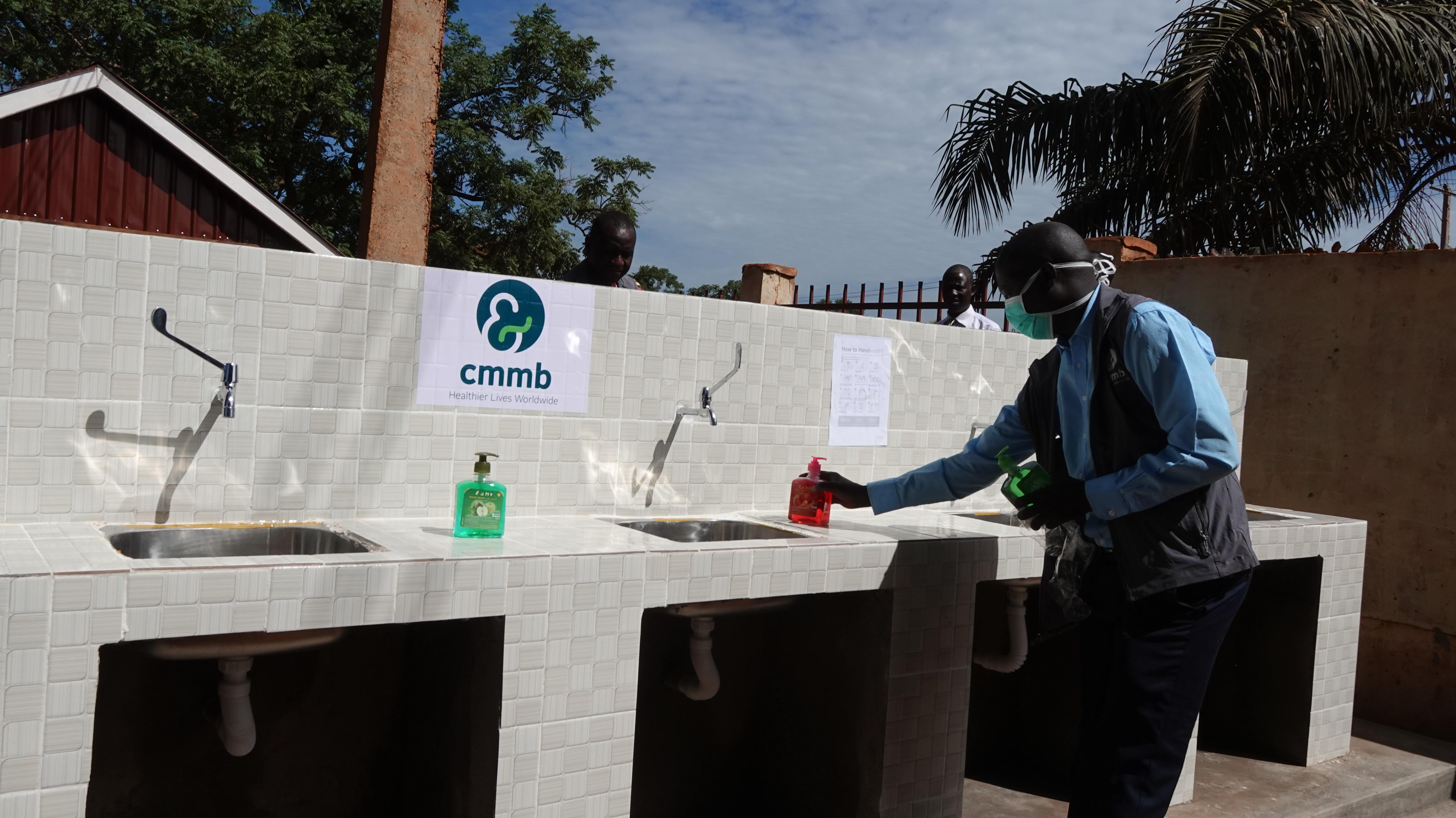💧World Water Week: WATER We Doing to Help?
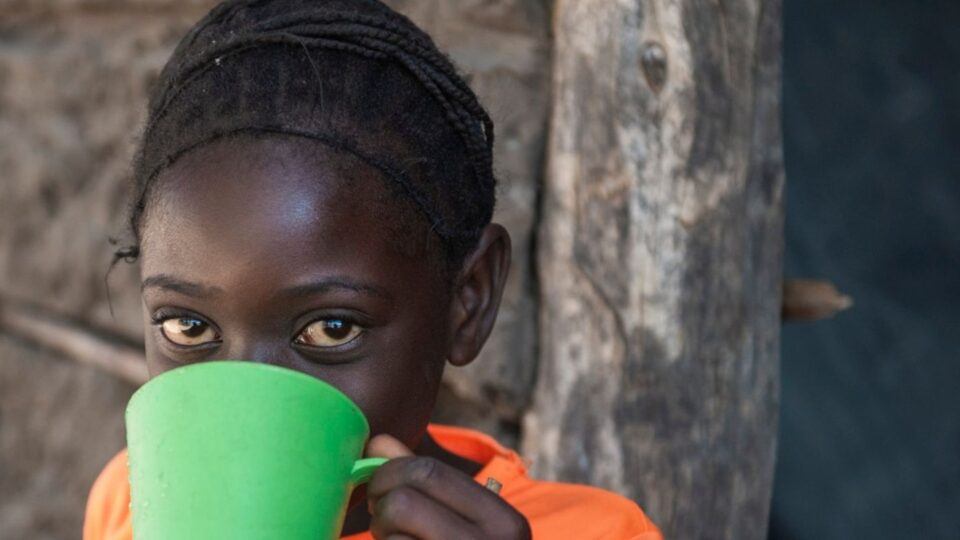
💧800 million people around the world still do not have regular access to clean water.💧
It’s World Water Week—a time to bring awareness to the global water crisis and the ways we are working to ensure all people have access to safe, clean water. At CMMB, we are working with communities on permanent, reliable water, sanitation, and hygiene solutions.
In recognition of World Water Week, here are some of the innovative ways CMMB is working to get safe water to thousands of people!
Sustainable Sand Dam in Kenya
Water access has been a dire need for the Kanziko community in Kenya. In this area, drilling for water doesn’t work well and the little water they do get is too salty to drink. The support of generous donors facilitated construction of a sand dam with a solar pump to supply water to 2,190 people.
The community has been eager to participate, with local people providing land and solar panels for the project. Running the pump on renewable energy creates zero emissions and will minimize recurrent costs for day-to-day pumping.
Though the water will still need to be purified before consumption, reliable access to water is a major advancement. This dam and pump will carry water to a local market, three nearby schools, and Kanziko Health Center. This is the main health facility in Kanziko ward, serving an average of 95 patients daily. It has a newly opened maternity wing that is also greatly benefitting from this water access.
Solar-Powered Water System in Zambia
To respond to the critical need for water in Mwandi, CMMB worked with the local government to drill ten new boreholes and install handpumps—providing clean water to 750 households!
Additionally, CMMB is supporting a solar-powered water system that currently provides safe water to more than 500 households and the local primary school. This solar pump brings up safe water, which is connected to a pipe network and a 10,000-liter capacity water tank. From there, a distribution network of pipes supplies two taps, where community members access water.
Water for Schools in Kenya
Water and education—they may seem unrelated, but they go hand-in-hand! Half of schools around the world do not have access to water which means:
- Kids often must walk miles to fetch water before school.
- Adolescent girls miss school without access to proper sanitation.
- Kids cannot wash their hands and more easily spread disease.
- Kids do not have a safe place to use the bathroom.
In Kenya, the team improved rainwater collection systems in nine schools that were identified as having the most limited access to water. Each of these schools was supported with three 10,000-liter capacity water tanks. In addition to improving sanitation at these schools, students no longer must carry water to school, which allows them to have more time and energy at school to focus on learning!
Hand-washing Stations at Health Facilities in South Sudan
COVID-19 challenged our teams to figure out innovative ways to encourage hand-washing in communities where water is scarce. In South Sudan, the team installed handwashing taps at multiple health facilities. At the Yambio site, taps can be opened and closed with the elbow. It is a permanent structure that will last beyond COVID-19, making handwashing a standard protocol for hospital visitors.
These are just a few of the many ways CMMB is working to bring improved access to water, sanitation, and hygiene to communities around the world. This World Water Week, we commit to continued innovation and creativity in sustainable water solutions!
